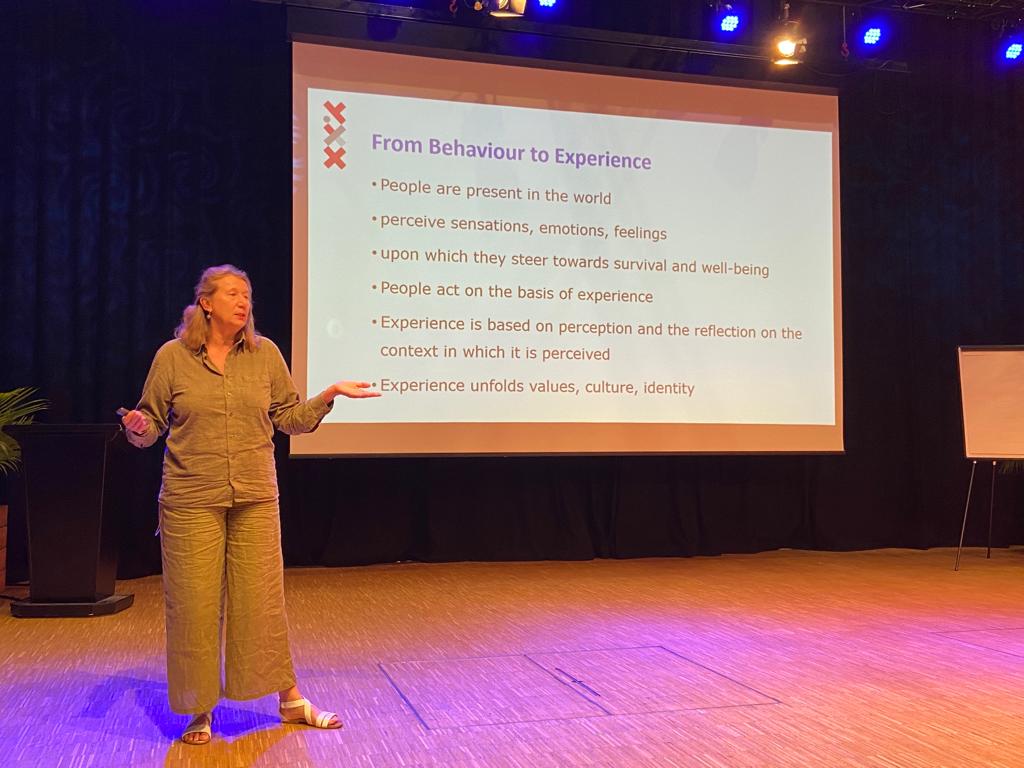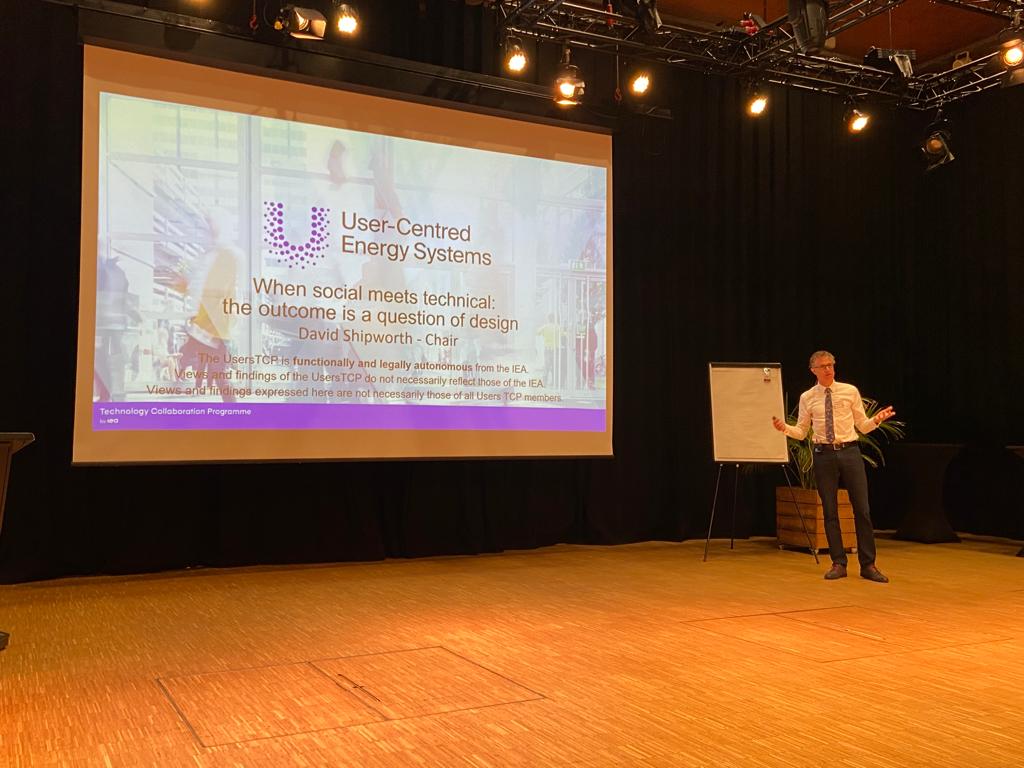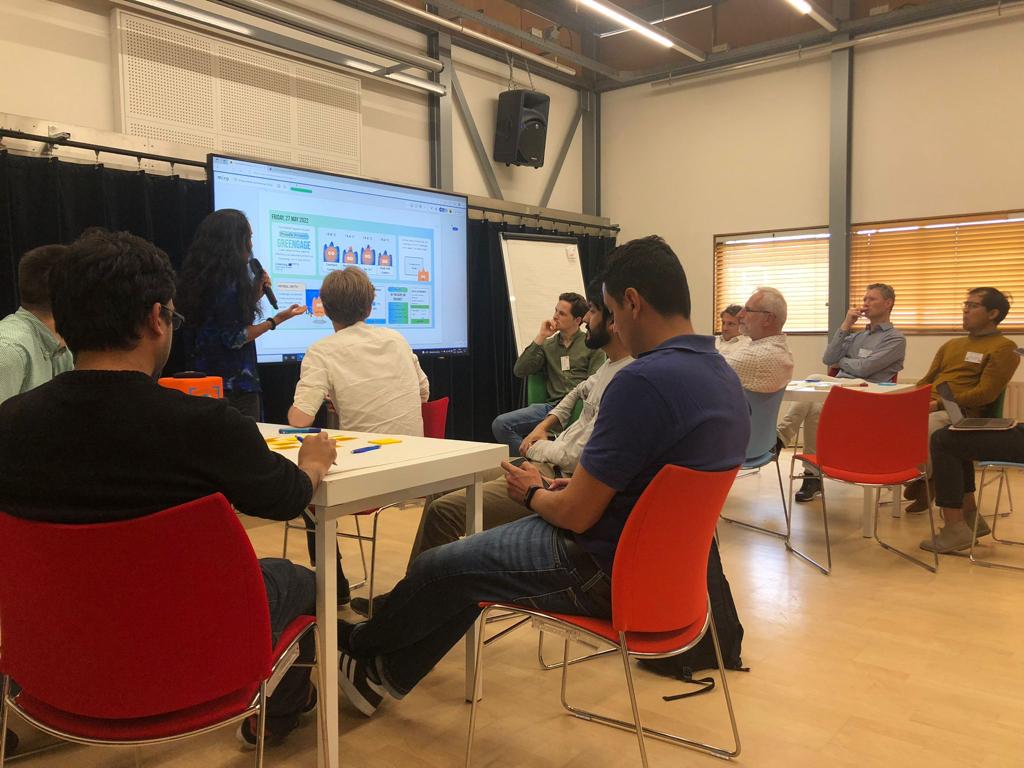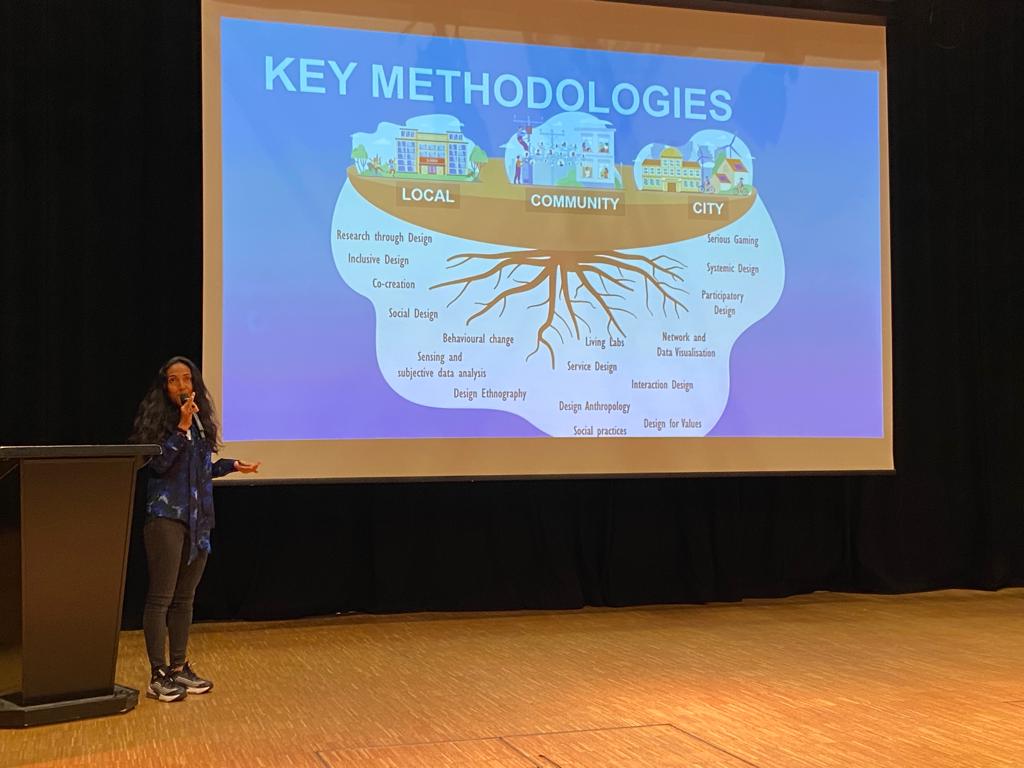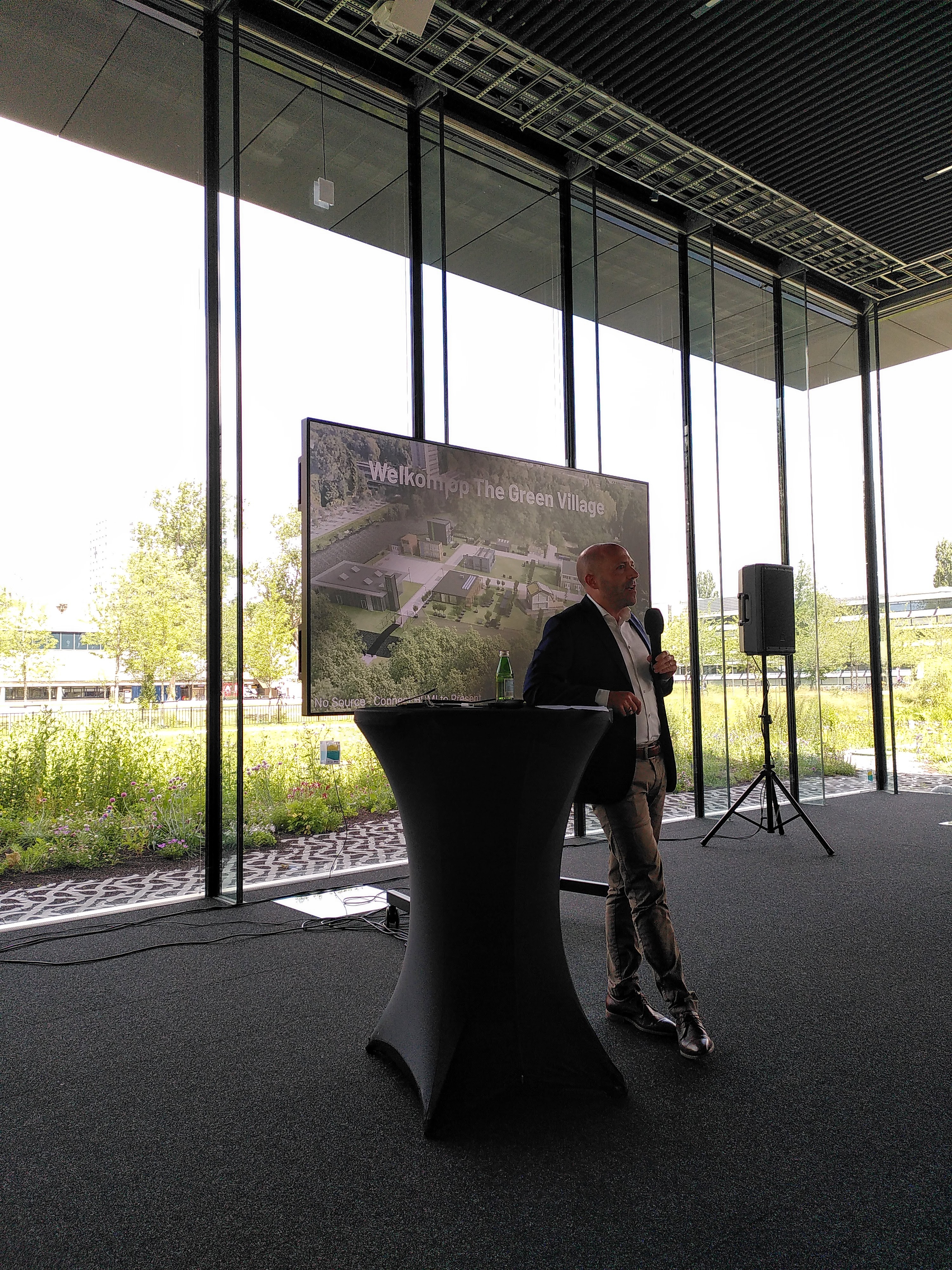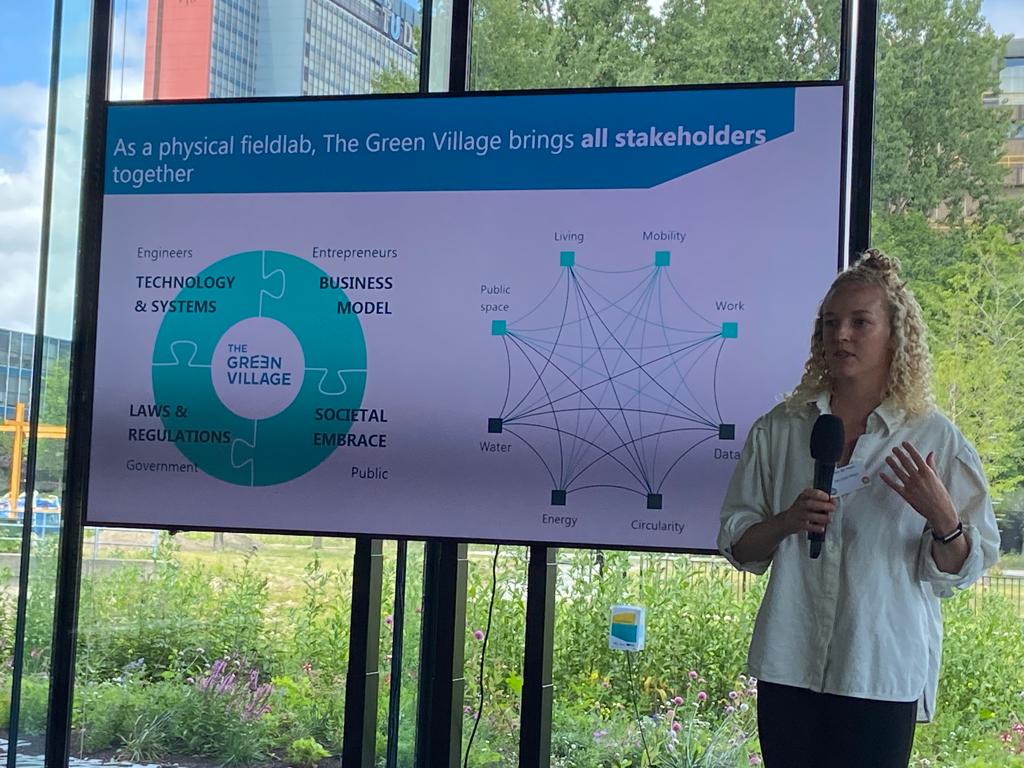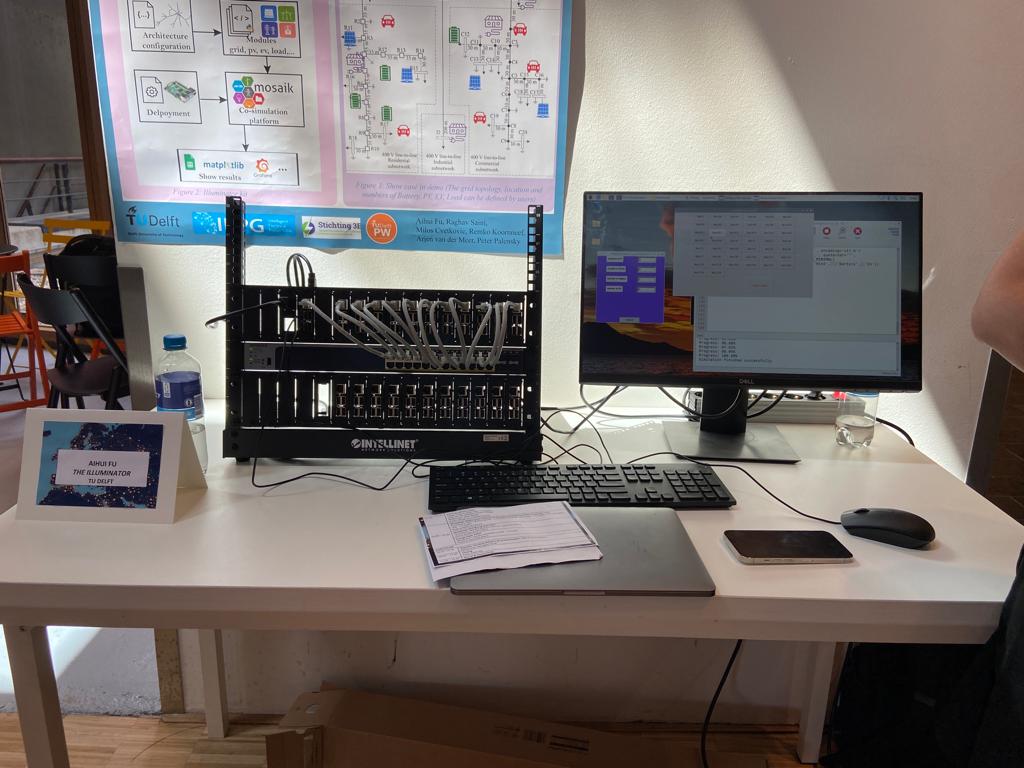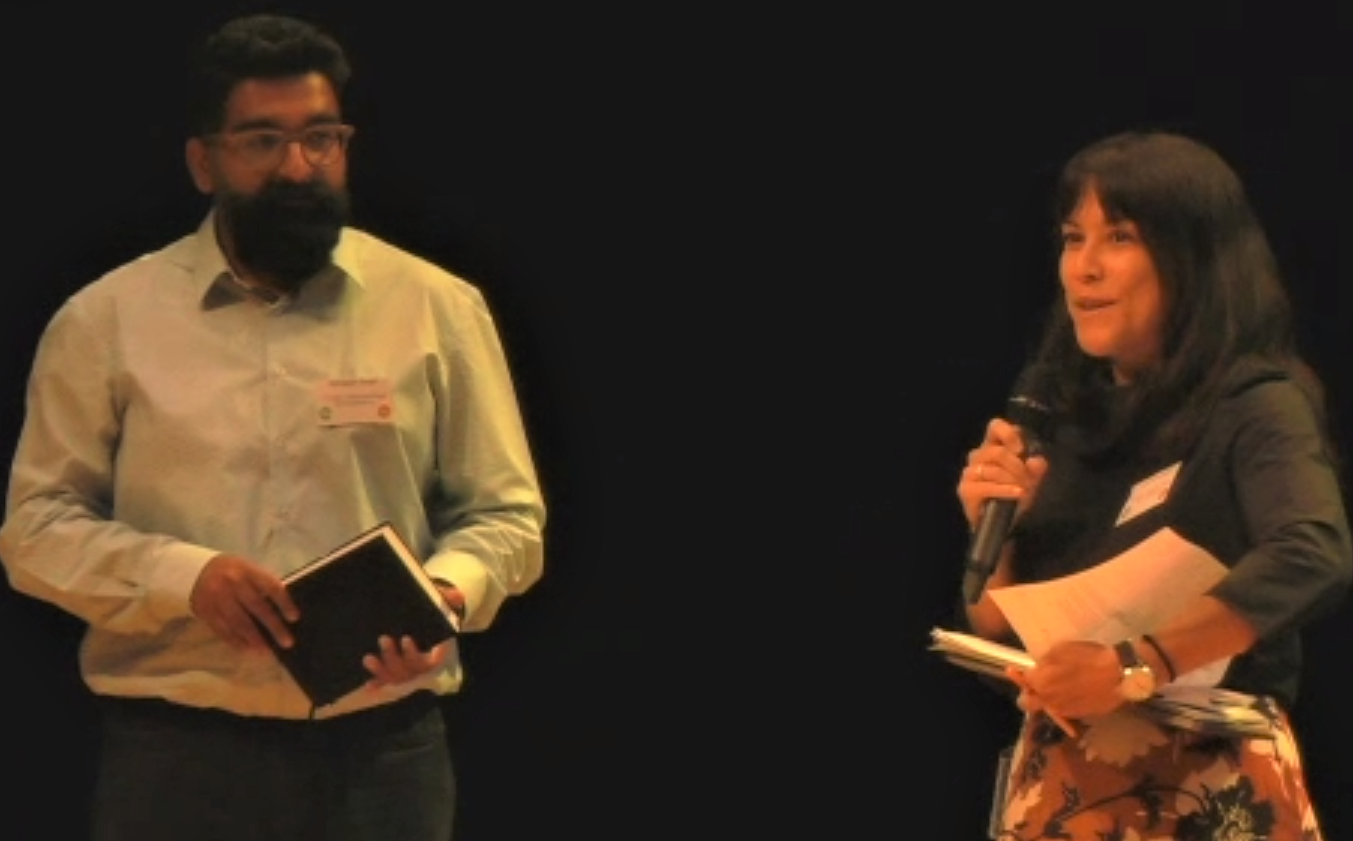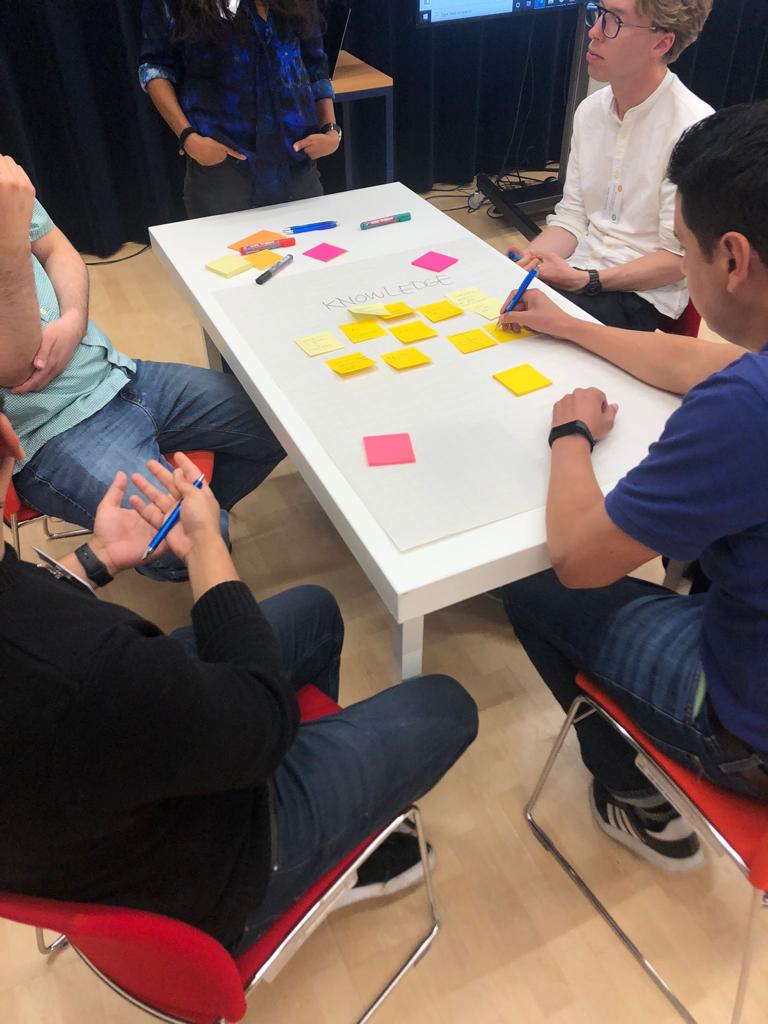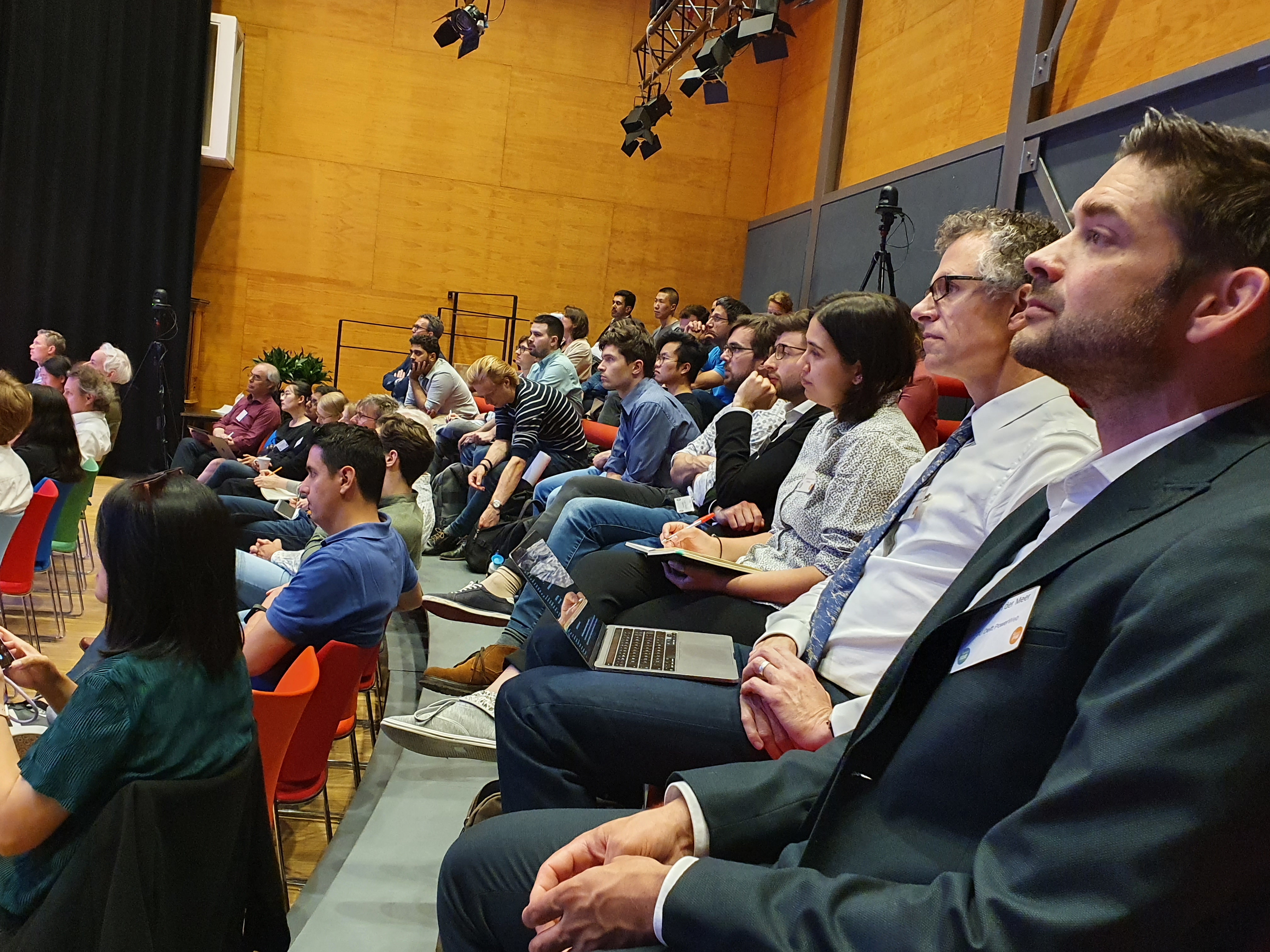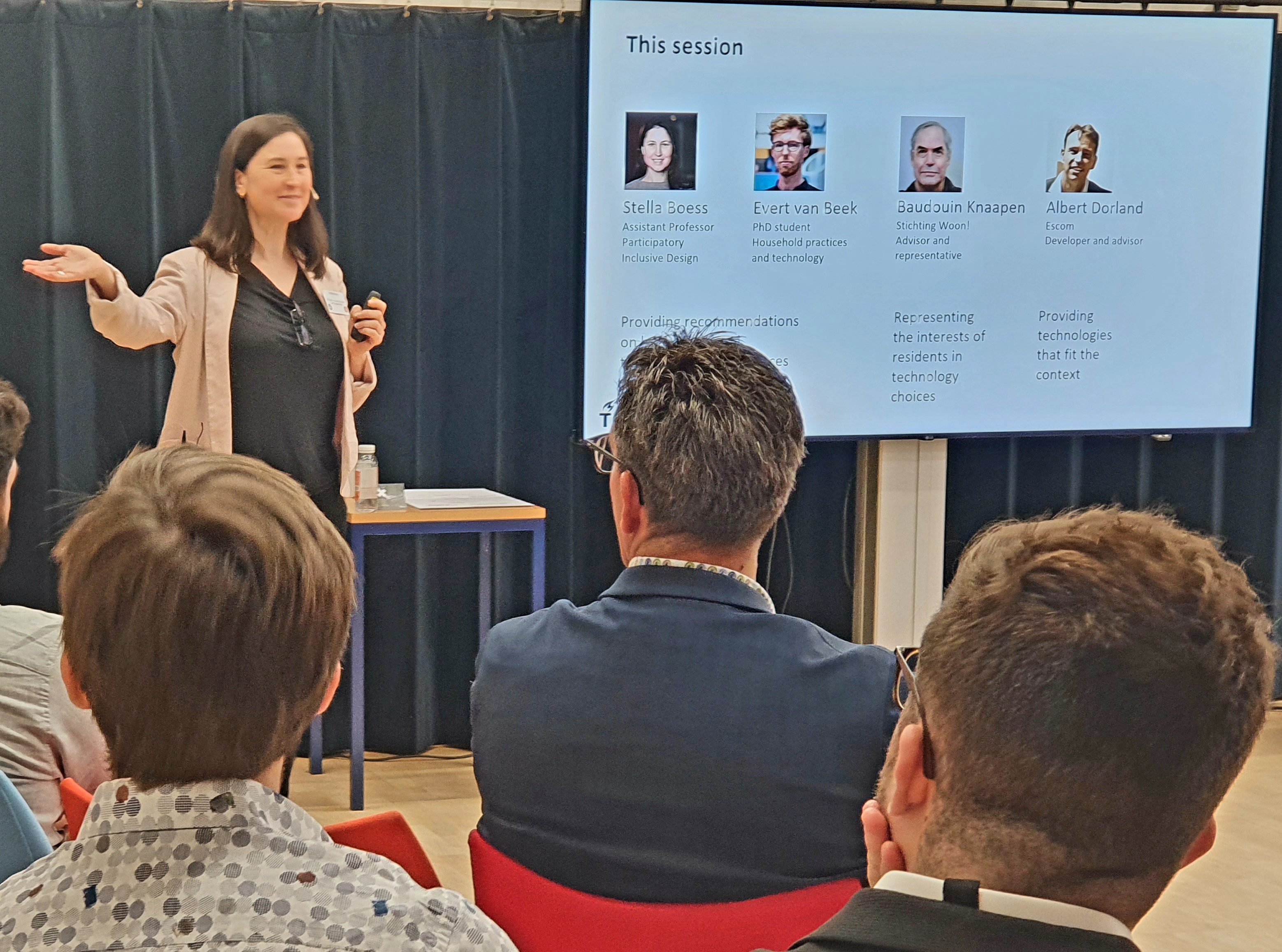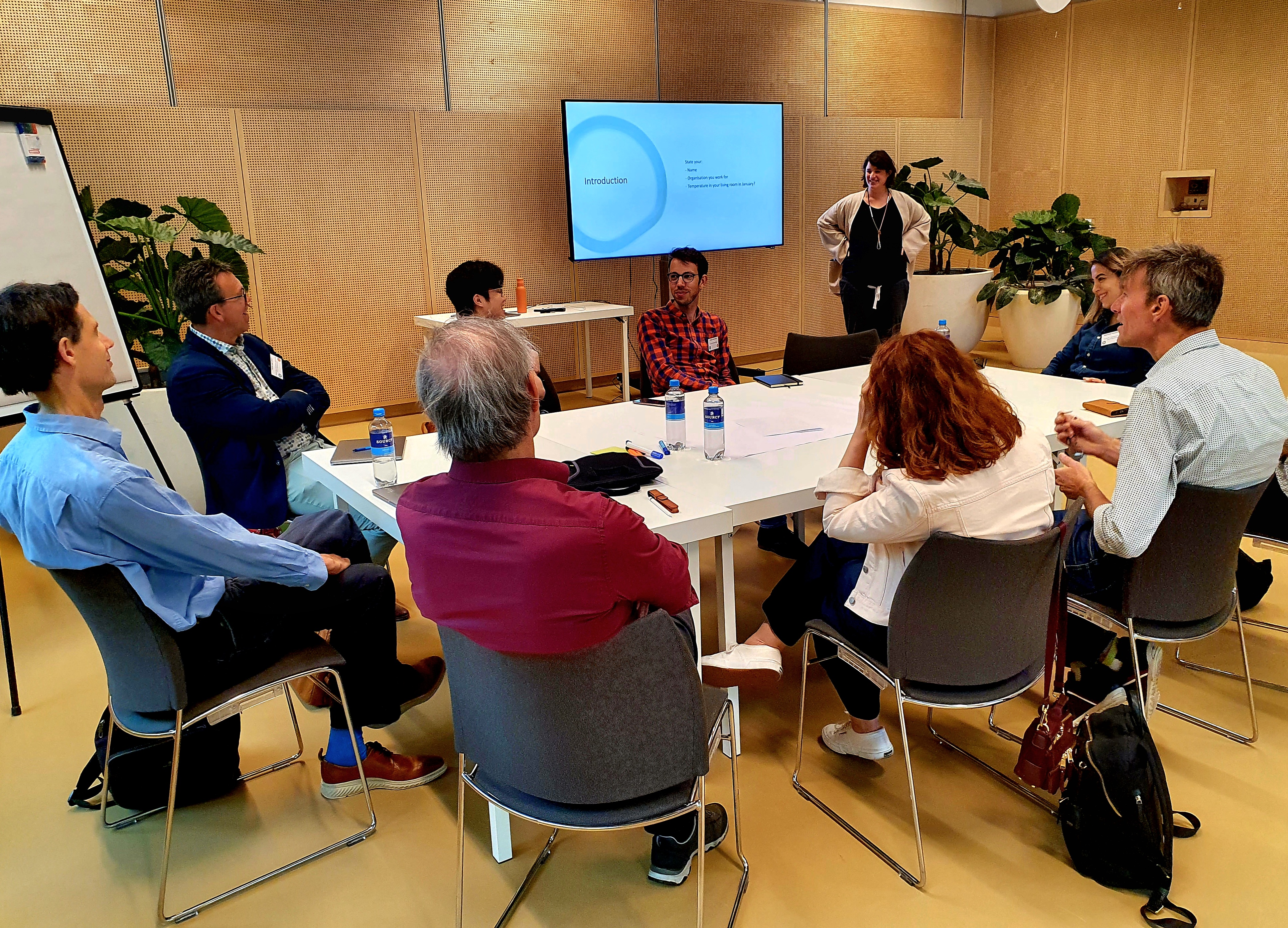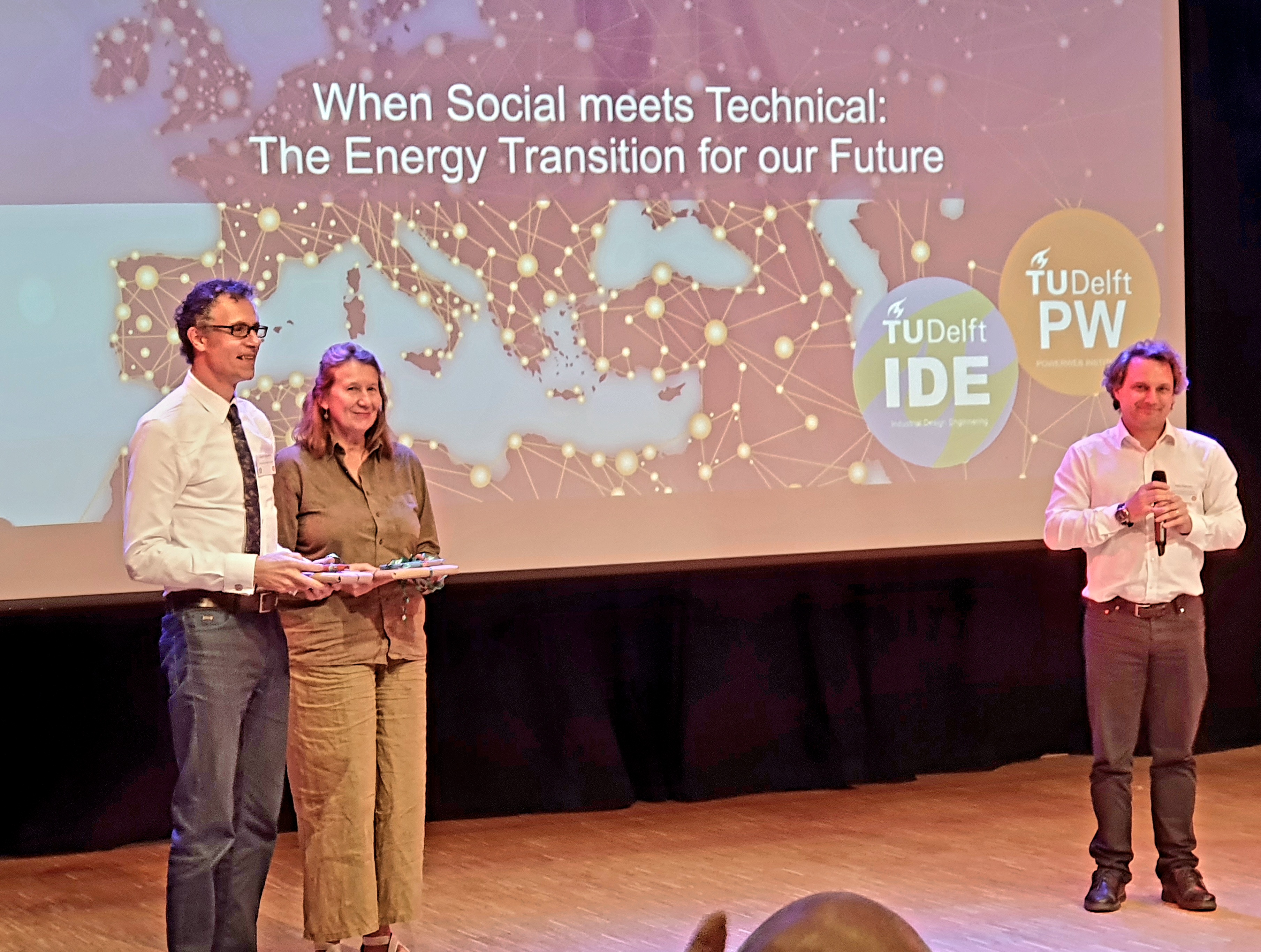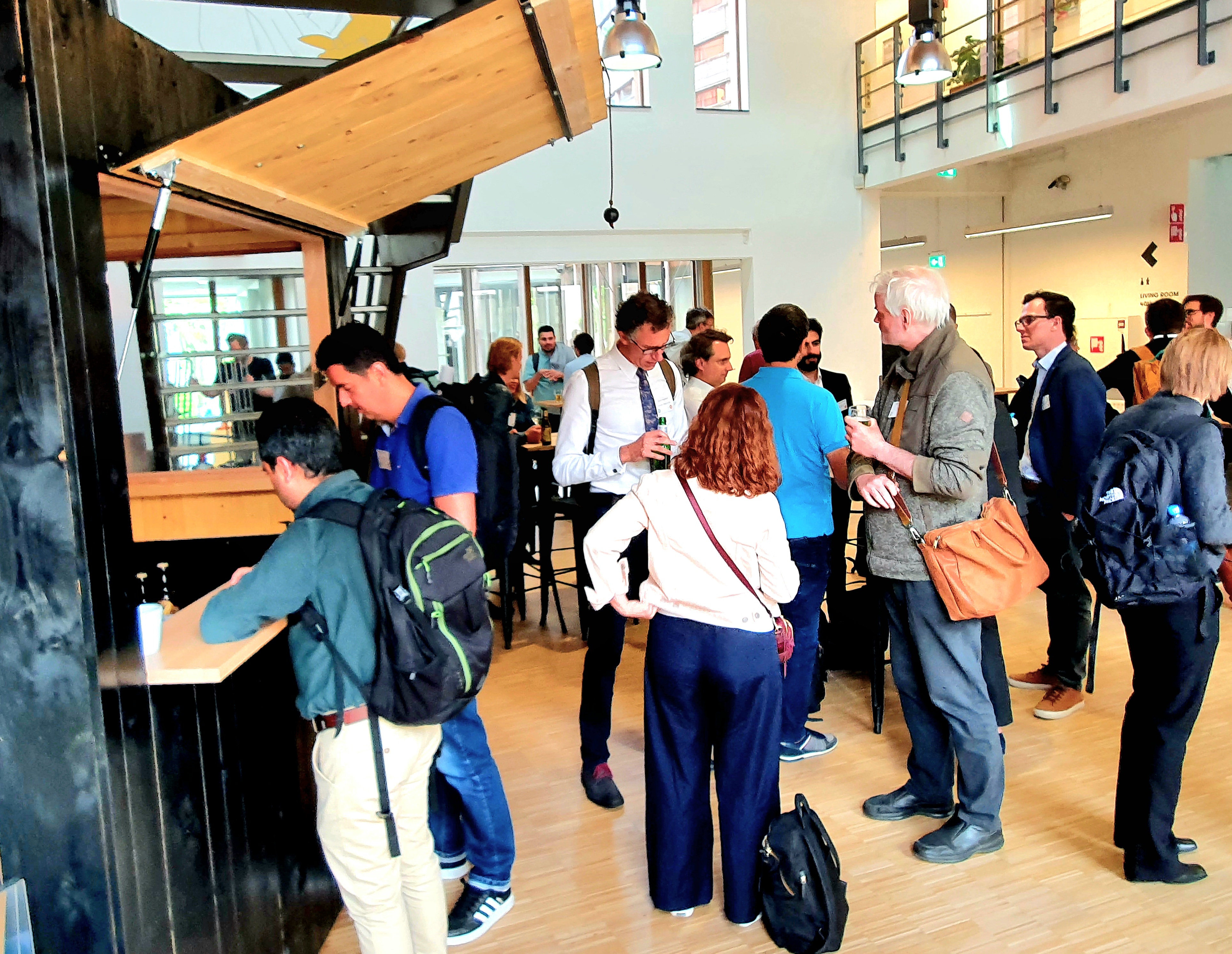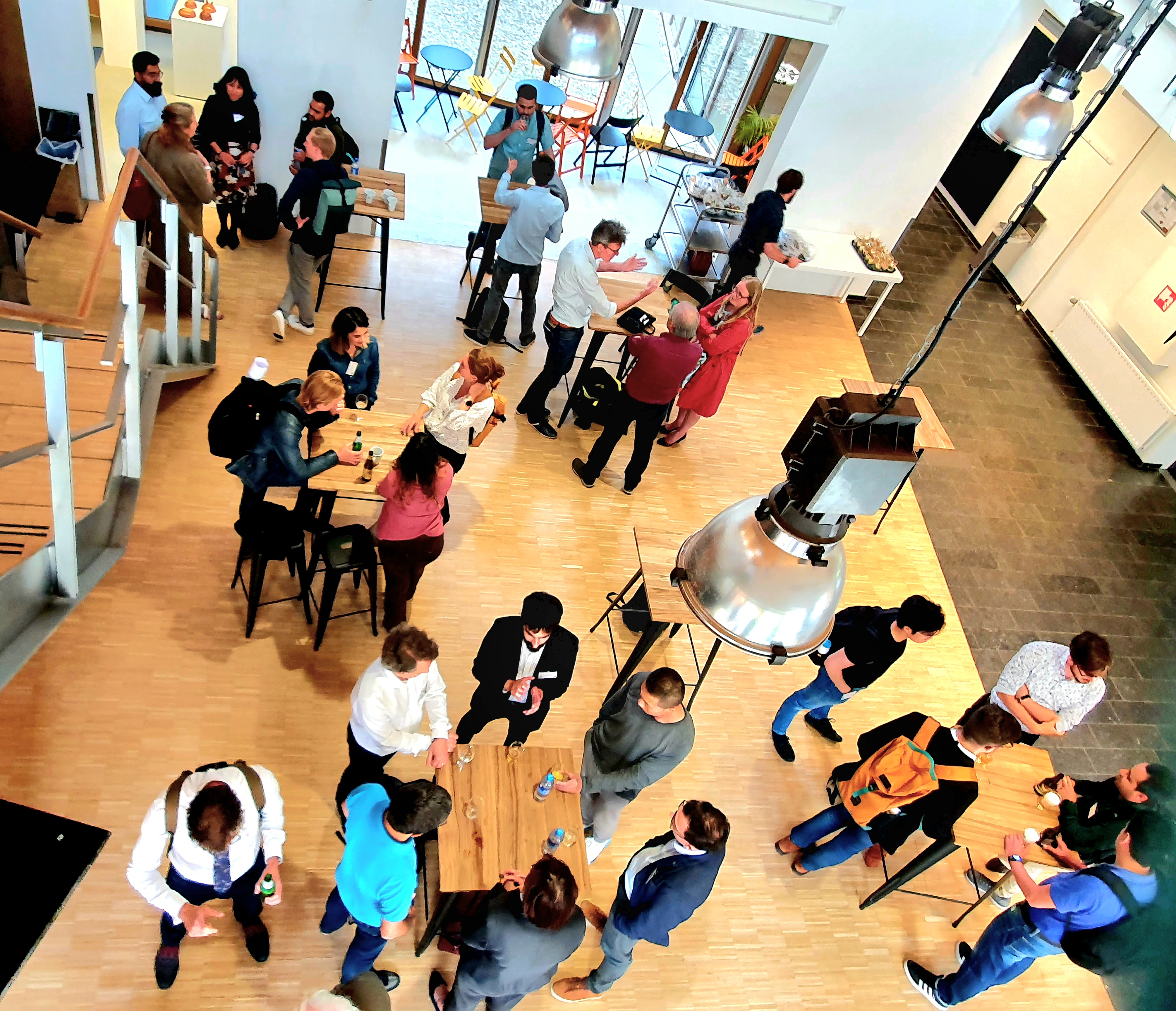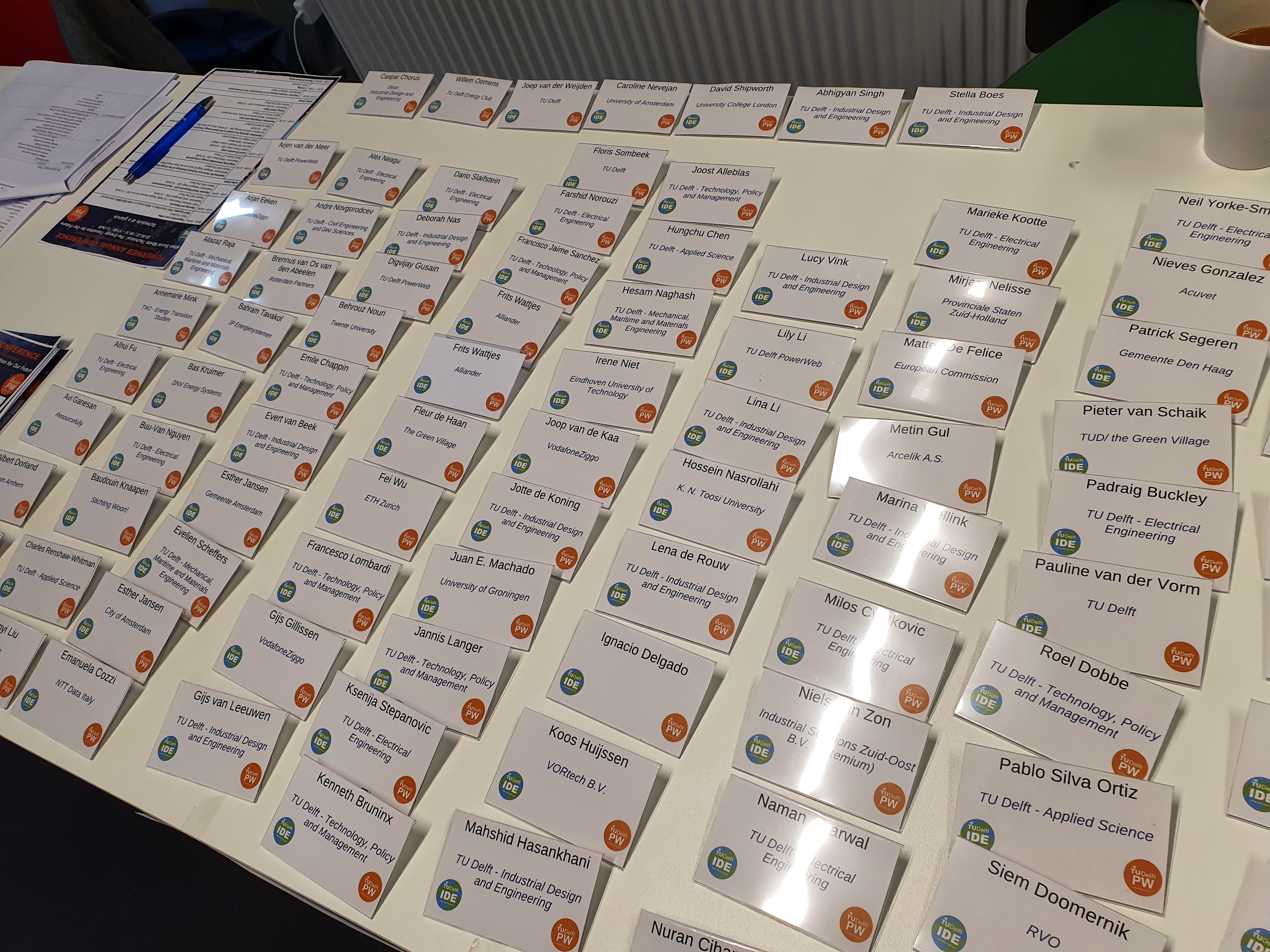Conference: When Social meets Technical: The Energy Transition for our Futur
This year’s annual conference was successfully organized by the faculty of Industrial Design and Engineering. It focused on the role research and industry can take in bridging the societal and technical aspects of the energy transition.
On June 20th the in- and external community of the TU Delft PowerWeb Institute came together at the X Building. This year's theme: When Social meets Technical: The Energy Transition for our Future
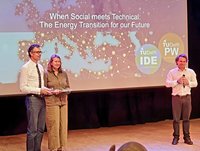 A clear message formed during the day: design the technique of the future in a way we can share all of our knowledge with all people in the world. To mitigate the climate change we need to work together and therefore we need good social skills to integrate the intelligent and integrated energy systems. David Shipworth and Caroline Nevejan put emphasis in there keynotes for this powerful message.
A clear message formed during the day: design the technique of the future in a way we can share all of our knowledge with all people in the world. To mitigate the climate change we need to work together and therefore we need good social skills to integrate the intelligent and integrated energy systems. David Shipworth and Caroline Nevejan put emphasis in there keynotes for this powerful message.
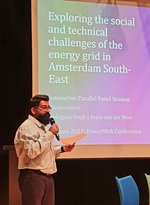 The session “Exploring the Social and Technical Challenges of the Energy Grid in Amsterdam South-East” gave the audience insight into the project objectives and the technical and social challenges we encounter while designing the LIFE platform. During an interactive panel discussion people asked us about our approach on various topics such as the role of energy poverty in our research, targets for participation and the estimated value of the platform for the local community
The session “Exploring the Social and Technical Challenges of the Energy Grid in Amsterdam South-East” gave the audience insight into the project objectives and the technical and social challenges we encounter while designing the LIFE platform. During an interactive panel discussion people asked us about our approach on various topics such as the role of energy poverty in our research, targets for participation and the estimated value of the platform for the local community
Jacky Bourgeois: 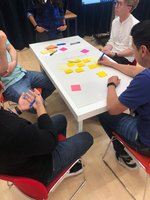 In the ‘Energizing with data workshop’, we had a technical audience who took up the challenge of discussing energy and sustainability in the school context. Everyone actively engaged in getting into the shoes of 15-year-old children, the new citizens, (future) ambassadors, makers, and decision-makers. We reflected on the challenge of engaging teenagers in the energy challenges through data: a new source of information to rely on, a new source of information to be critical with (not blindly trusting often noisy and incomplete sensor data). How does this view of the building contrast with the inhabitant's feelings and perception, and distention within the inhabitants (e.g. children in the classroom). Energy literacy also comes with data literacy. Data can reveal how small an impact an individual action can bring in contrast with the (high) effort, which can also discourage and backfire (people jumping to the conclusion that what they do can’t change anything).
In the ‘Energizing with data workshop’, we had a technical audience who took up the challenge of discussing energy and sustainability in the school context. Everyone actively engaged in getting into the shoes of 15-year-old children, the new citizens, (future) ambassadors, makers, and decision-makers. We reflected on the challenge of engaging teenagers in the energy challenges through data: a new source of information to rely on, a new source of information to be critical with (not blindly trusting often noisy and incomplete sensor data). How does this view of the building contrast with the inhabitant's feelings and perception, and distention within the inhabitants (e.g. children in the classroom). Energy literacy also comes with data literacy. Data can reveal how small an impact an individual action can bring in contrast with the (high) effort, which can also discourage and backfire (people jumping to the conclusion that what they do can’t change anything).
Visual notes and session recordings can be found on the events webpage within a few days.

